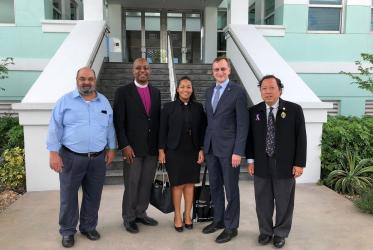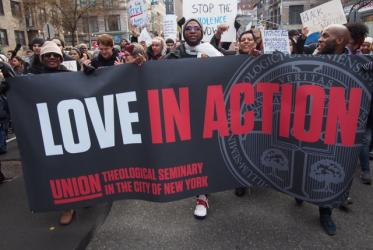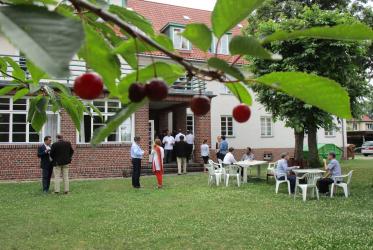Displaying 61 - 80 of 152
Church in Bali empowers youth to break cycle of poverty
18 March 2019
Racial justice issues at forefront in meetings with UN experts
01 November 2018
Webinar on Racism and Afrophobia
12 February 2018
Churches call for urgent action for Cremisan Valley
28 September 2017
Meeting of the WCCs Commission of the Churches on International Affairs
27 February - 01 March 2017
Addis Abbaba, Ethiopia










